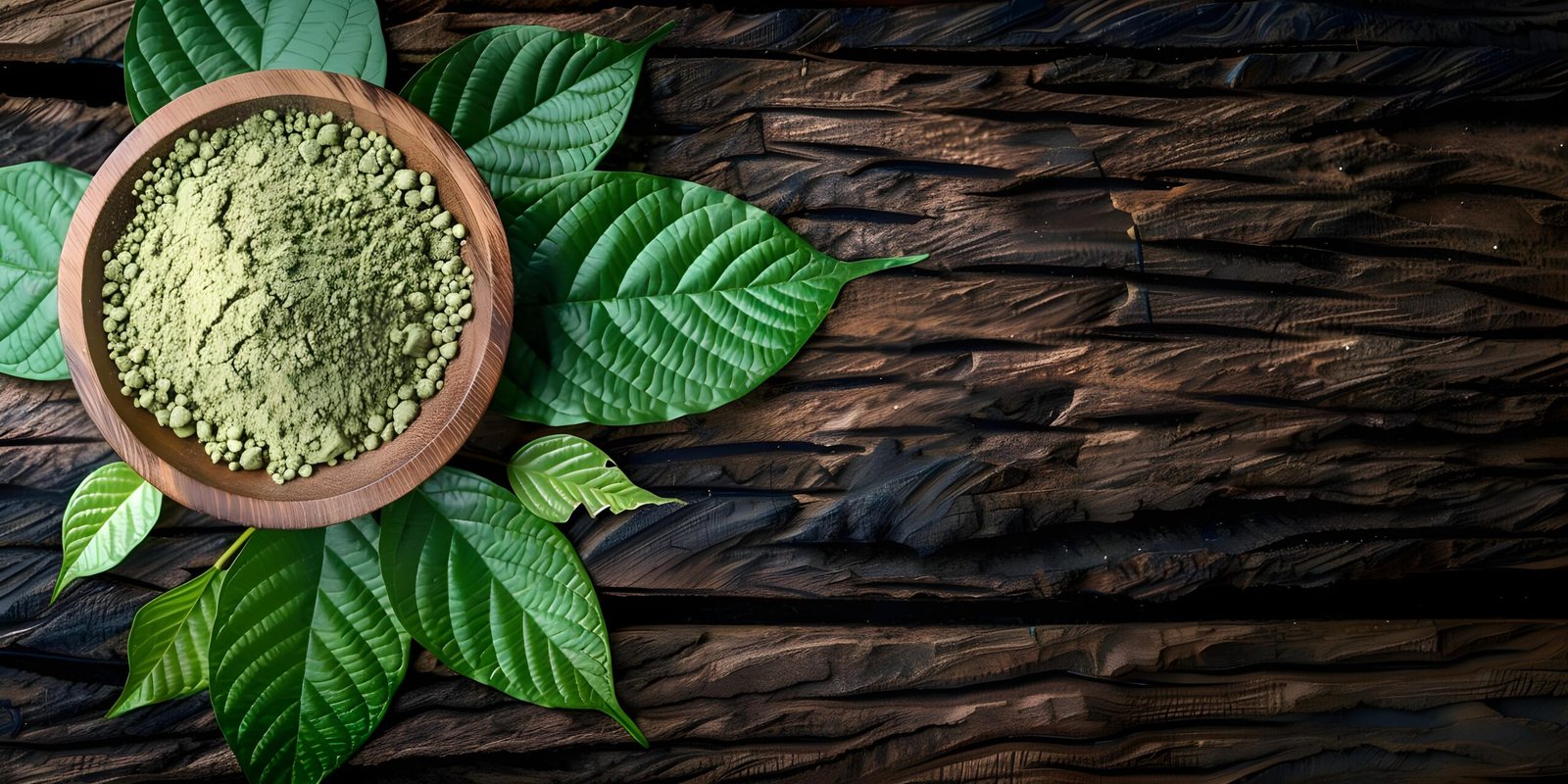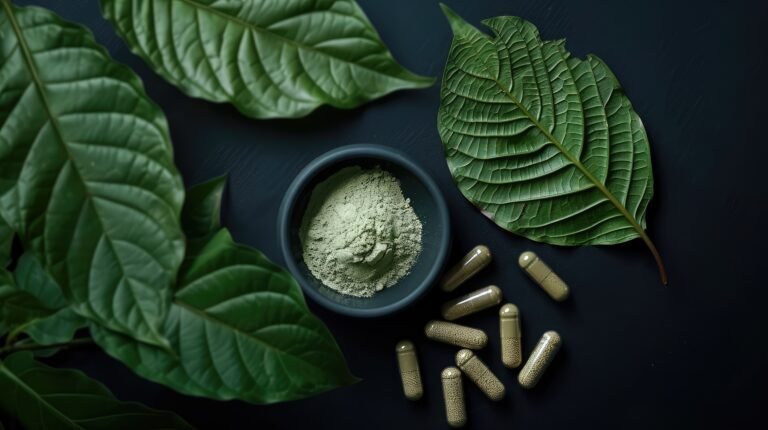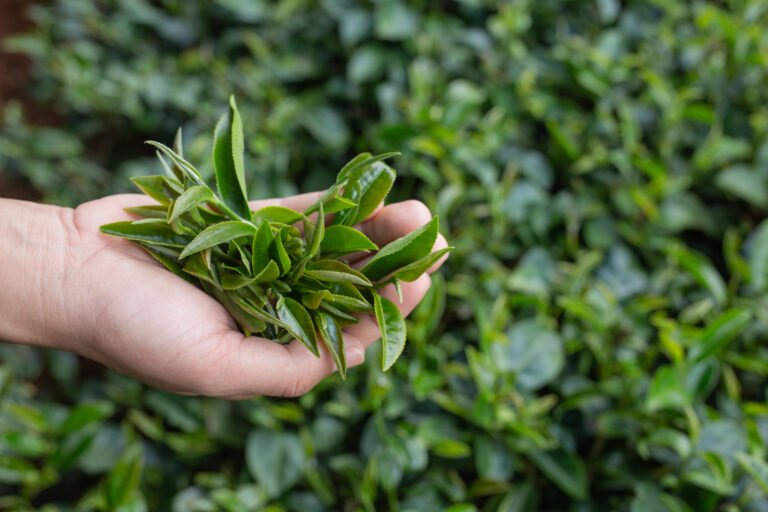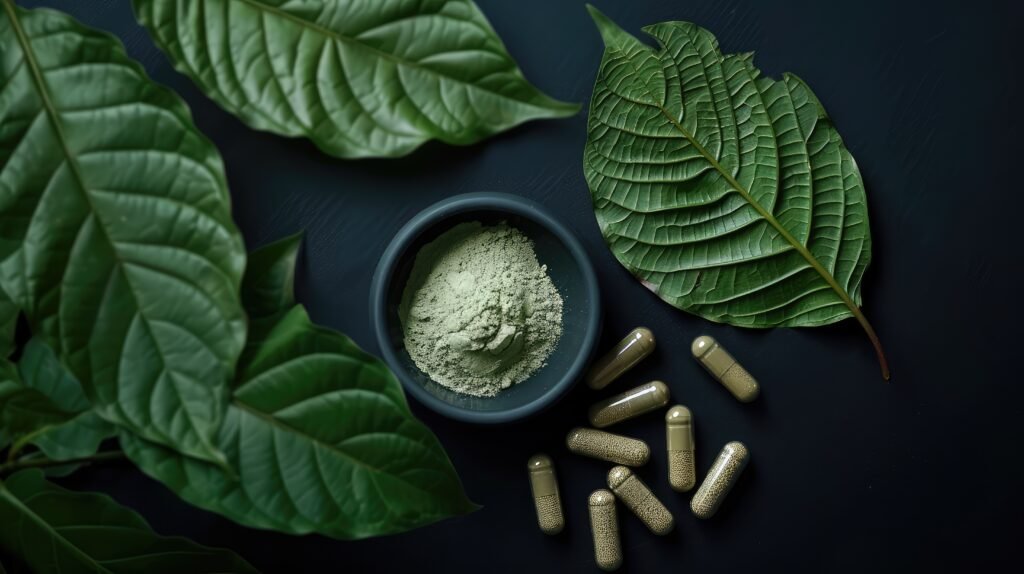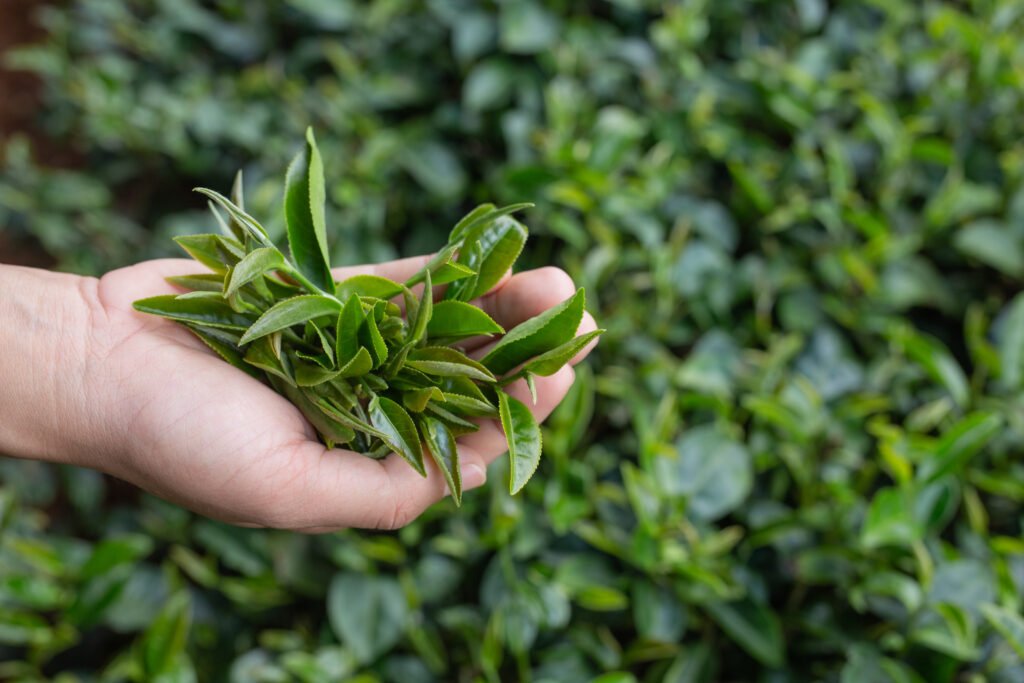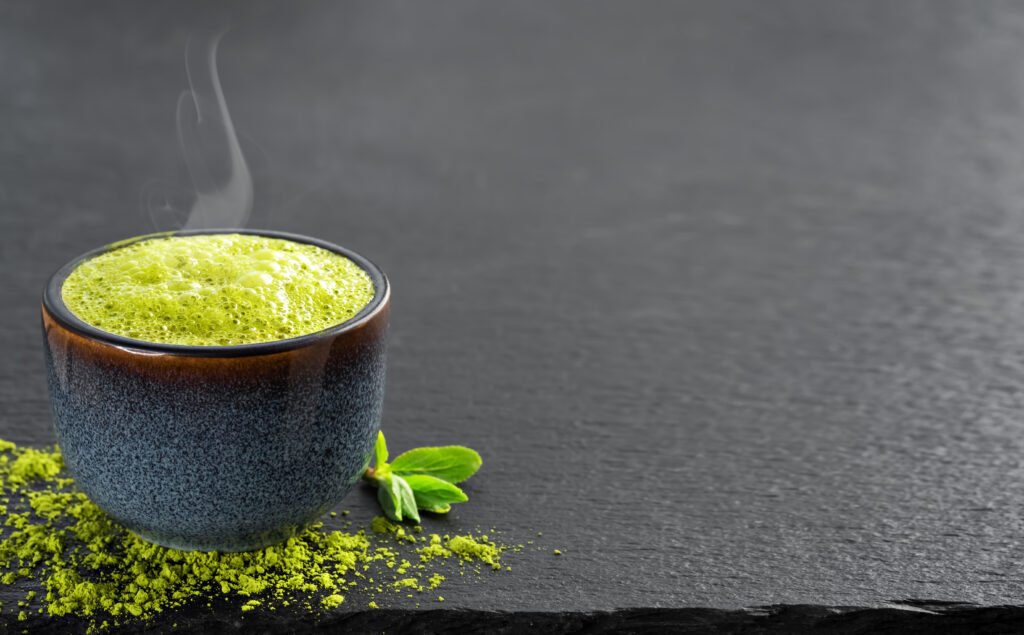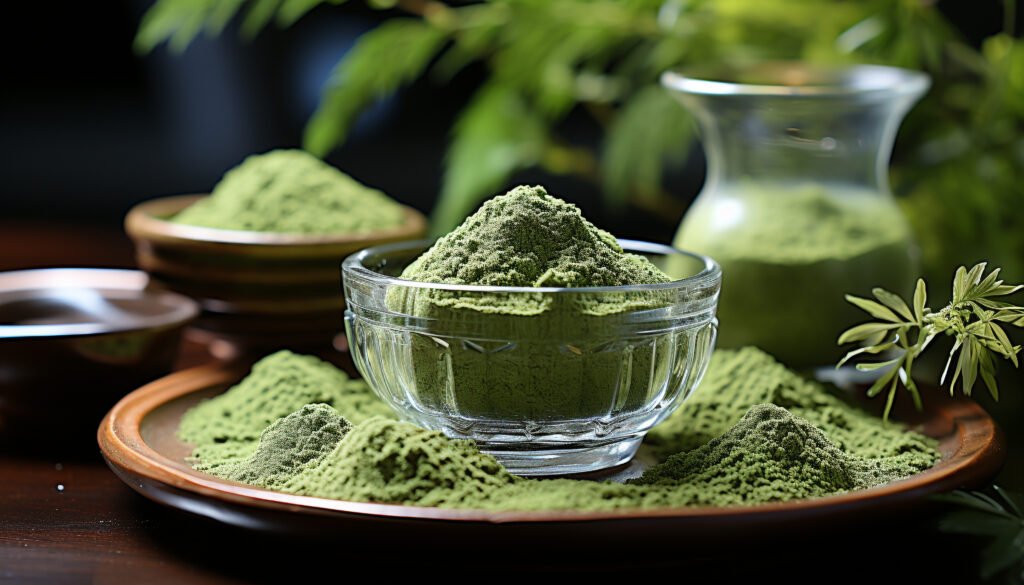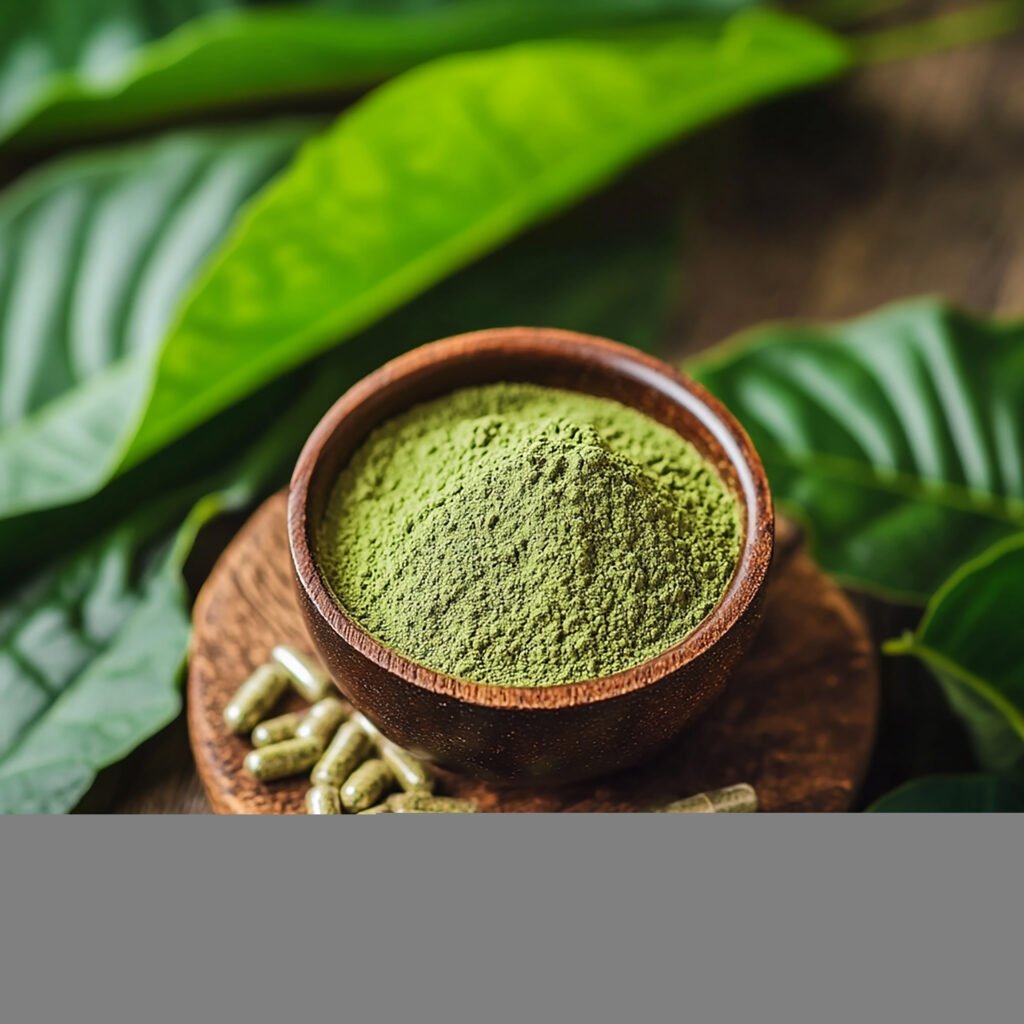Kratom (Mitragyna speciosa) has gained popularity in recent years as a natural remedy for various issues, including pain relief, energy enhancement, and mood elevation. However, not everyone may find kratom suitable for their needs, whether due to personal preferences, side effects, or legal restrictions. Fortunately, there are several herbal alternatives that can provide similar benefits. In this blog, we will explore some of these alternatives, their effects, and how they can support your wellness journey.
1. Kava (Piper methysticum)
Overview: Kava is a traditional beverage made from the roots of the kava plant, native to the South Pacific. It has been used for centuries in ceremonial and social settings for its calming effects.
Effects: Kava is known for its ability to promote relaxation and reduce anxiety without impairing cognitive function. Users often report a sense of calmness and improved mood.
Usage: Kava can be consumed as a tea, in capsules, or as a tincture. It’s essential to follow recommended dosages, as excessive consumption may lead to adverse effects such as liver damage.
2. Rhodiola Rosea
Overview: Rhodiola is an adaptogenic herb traditionally used in Russian and Scandinavian medicine. It is known for its ability to enhance physical and mental performance.
Effects: Rhodiola can help reduce fatigue, improve mood, and increase resilience to stress. It’s often used to enhance energy levels and cognitive function, making it a great alternative for those seeking a natural boost.
Usage: Available in capsules, extracts, or teas, Rhodiola is typically taken once or twice a day. Starting with a low dose and gradually increasing it can help determine the best amount for individual needs.
3. Ginseng (Panax ginseng or Panax quinquefolius)
Overview: Ginseng is a well-known adaptogenic herb used in traditional Chinese medicine for centuries. There are several varieties, with Panax ginseng (Asian ginseng) and Panax quinquefolius (American ginseng) being the most popular.
Effects: Ginseng is reputed for its energizing effects, immune support, and ability to combat fatigue. It can also enhance cognitive function and improve overall well-being.
Usage: Ginseng is available in various forms, including teas, capsules, and extracts. It’s recommended to take it in cycles to avoid tolerance buildup.
4. Ashwagandha (Withania somnifera)
Overview: Ashwagandha is an adaptogenic herb commonly used in Ayurvedic medicine. Known for its ability to promote overall wellness, it has gained popularity for its calming effects.
Effects: Ashwagandha can help reduce stress and anxiety, improve mood, and support energy levels. It’s particularly beneficial for those experiencing fatigue related to stress.
Usage: Available in powder, capsule, and tincture forms, ashwagandha can be taken daily. Starting with a lower dose and adjusting as needed can help individuals find their optimal amount.
5. Turmeric (Curcuma longa)
Overview: Turmeric is a spice known for its vibrant yellow color and is commonly used in cooking and traditional medicine, particularly in Ayurveda.
Effects: Curcumin, the active compound in turmeric, has potent anti-inflammatory and antioxidant properties. It can help alleviate pain and improve overall health.
Usage: Turmeric can be consumed in cooking, as a tea, or in supplement form. Combining it with black pepper can enhance absorption.
6. Passionflower (Passiflora incarnata)
Overview: Passionflower is a flowering plant traditionally used for its calming effects. It is often used to treat anxiety and sleep disturbances.
Effects: Passionflower can promote relaxation, reduce anxiety, and improve sleep quality. It is a gentle option for those seeking stress relief.
Usage: Available as a tea, tincture, or capsules, passionflower can be taken daily, especially before bedtime for its calming effects.
7. Valerian Root (Valeriana officinalis)
Overview: Valerian root is an herbal remedy often used to promote sleep and relieve anxiety. It has been used for centuries in traditional medicine.
Effects: Valerian root can help reduce insomnia, anxiety, and restlessness. It may promote relaxation and improve sleep quality without the grogginess associated with some sleep medications.
Usage: Commonly available in capsules, teas, and tinctures, valerian root is typically taken 30 minutes to two hours before bedtime for optimal results.
Conclusion
While kratom has garnered significant attention for its various benefits, there are numerous herbal alternatives available that can provide similar effects. From calming herbs like kava and passionflower to energizing options like ginseng and Rhodiola, individuals can explore a range of natural remedies to support their wellness journey. As with any supplement, it’s essential to do thorough research, consult with a healthcare professional, and consider individual needs and potential side effects before trying new herbs.
By exploring these alternatives, you may find a natural solution that resonates with you and supports your overall health and well-being.

